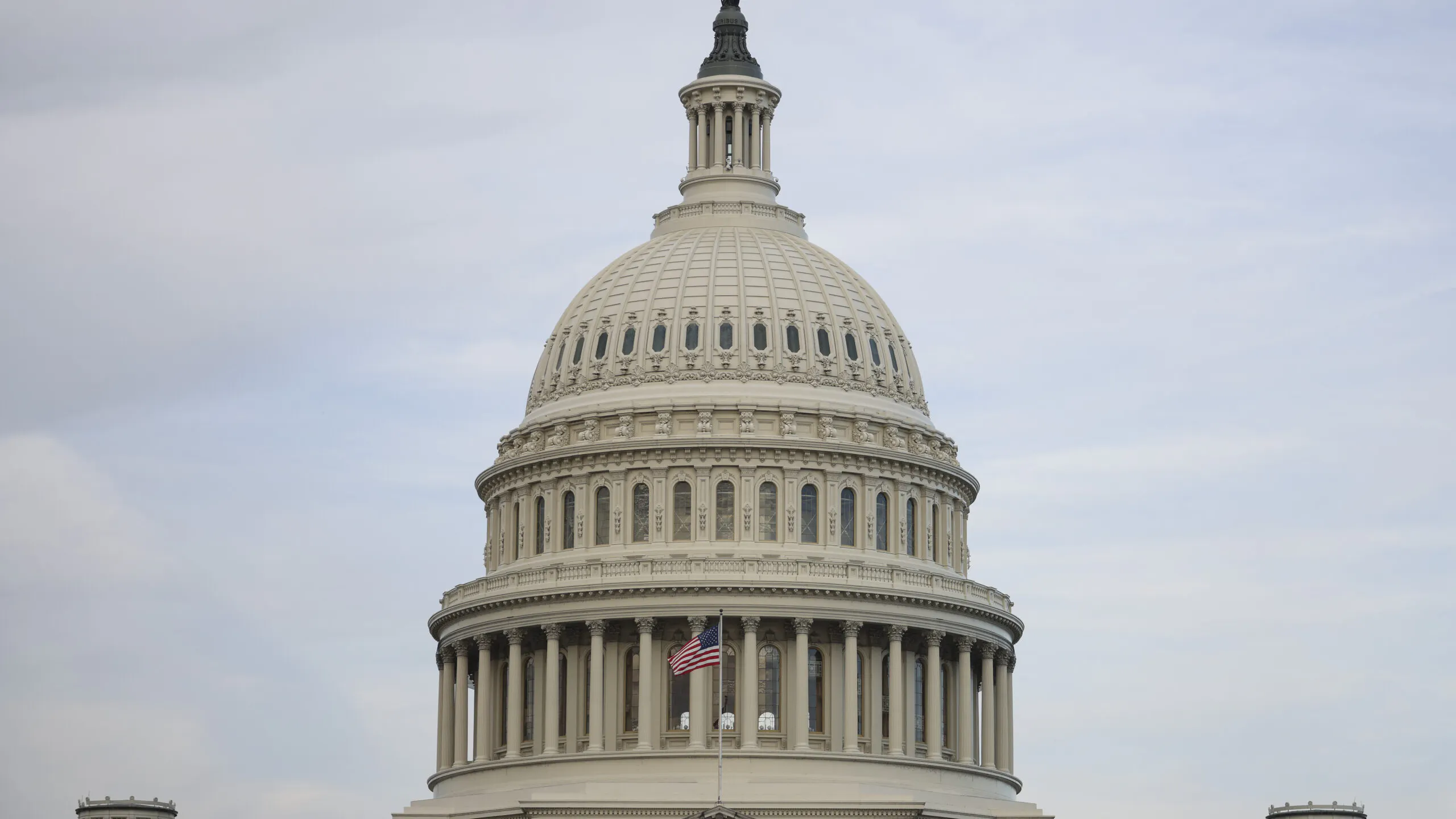Higher spending and lower revenue intake produced a $1.1 trillion budget deficit in the first six months of fiscal year 2023, according to a report released Monday by the Congressional Budget Office.
The federal government spent $3.1 trillion and received $2.0 trillion between October 2022 and March 2023, marking a 13% increase from the $2.8 trillion spent and a 3% decrease from the $2.1 trillion received during the same period in fiscal year 2022.
The budget deficit for the first half of the fiscal year, therefore, increased by $430 billion from the $668 billion deficit seen between October 2021 and March 2022.
Individual income and payroll taxes fell by $33 billion, while collection of corporate taxes increased by $13 billion, and receipts from other sources, such as remittances from the Federal Reserve and customs duties, decreased by $53 billion. Increased spending, on the other hand, largely emerged from $141 billion in additional Social Security, Medicare, and Medicaid costs, as well as an additional $90 billion for interest expenses on the public debt.
“Our fiscal challenges will only become more difficult the longer we wait to do anything,” Committee for a Responsible Federal Budget President Maya MacGuineas said in a statement reacting to the report. “In just five years, the national debt will surpass its record as a share of the economy set just after World War II, when we had no choice but to borrow to win the war. However, we’re in no such emergency now. It’s long past time that policymakers figure out a way to sustainably finance their priorities, not just add the costs to the national credit card.”
The news of the higher expenditures comes amid negotiations between House Speaker Kevin McCarthy (R-CA) and senior Biden administration officials on possible reductions to the budget deficit and an increase for the debt ceiling, a measure established by Congress that disallows the federal government from spending beyond the predetermined statutory limit of $31.4 trillion. Treasury Secretary Janet Yellen warned lawmakers that she was forced to implement “extraordinary measures” earlier this year to fund the government until early June, after which the government will default on obligations.
The current national debt is $31.6 trillion, roughly 20% higher than the gross domestic product of the United States, according to data from the Office of Management and Budget.
President Joe Biden unveiled a budget proposal last month that would increase expenditures from $5.8 trillion to $6.9 trillion over the next fiscal year while reducing cumulative deficits by $3 trillion over the next decade through several tax hikes on businesses and wealthy individuals. Members of the House Freedom Caucus, led by Rep. Scott Perry (R-PA), announced they would not vote to increase the debt ceiling unless their counterproposal, which would establish topline discretionary spending at the fiscal year 2022 level for one decade and allow for 1% annual growth, is greenlit by Congress.
CLICK HERE TO GET THE DAILY WIRE APP
“By the end of the decade, if lawmakers do nothing, the deficit will approach $3 trillion. That amount of borrowing outside of a national emergency is plainly unacceptable,” MacGuineas continued. “Budgeting requires tradeoffs, often painful ones that politicians don’t want to grapple with. However, that is what they were elected to do, and they should consider the needs of both current and future Americans in upcoming fiscal negotiations. We simply cannot afford to ignore our unsustainable borrowing any longer.”

.png)
.png)

